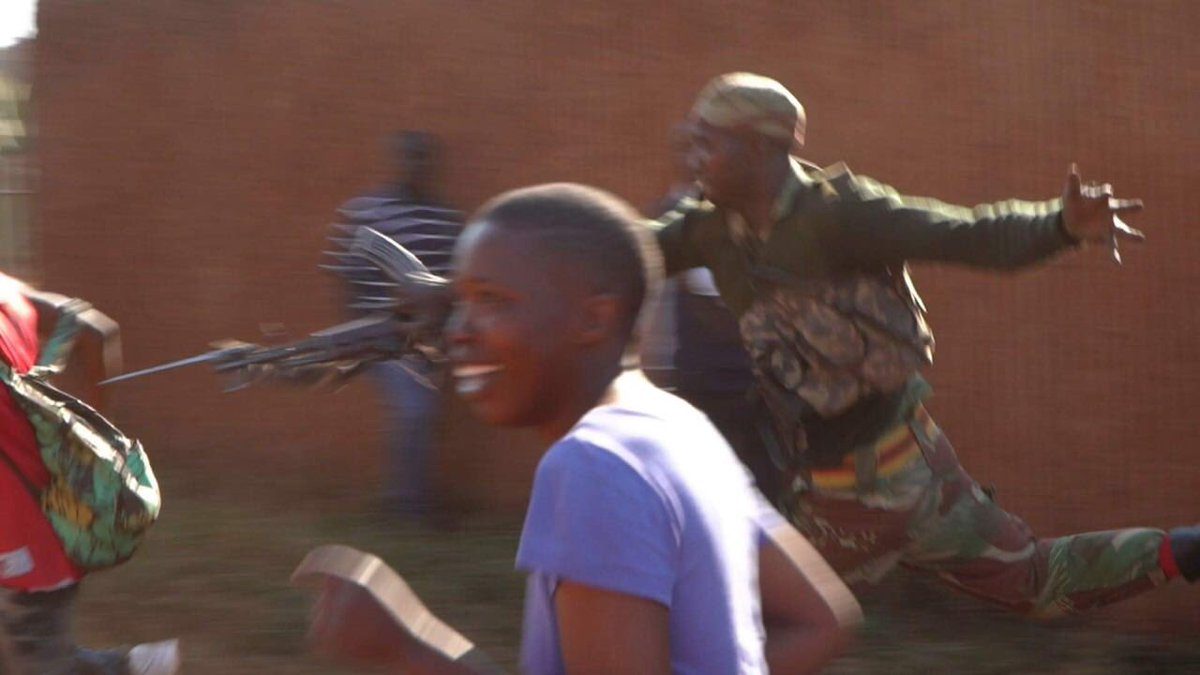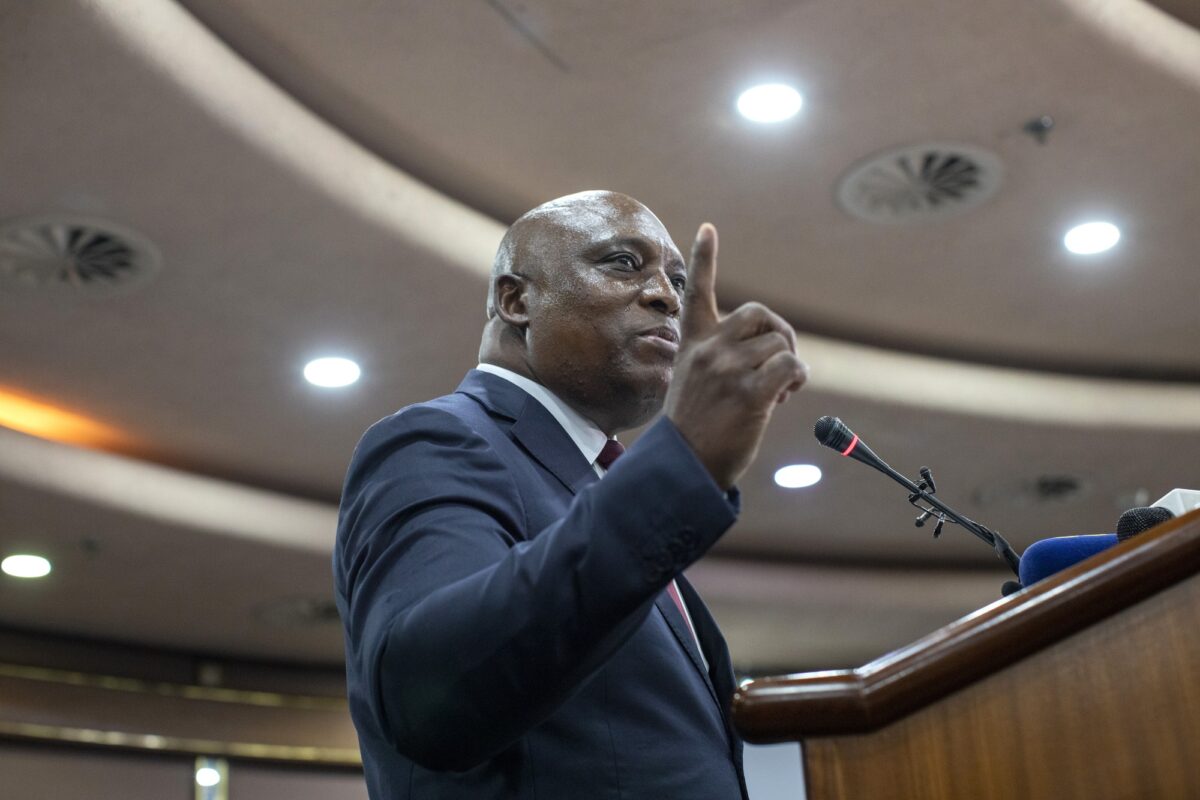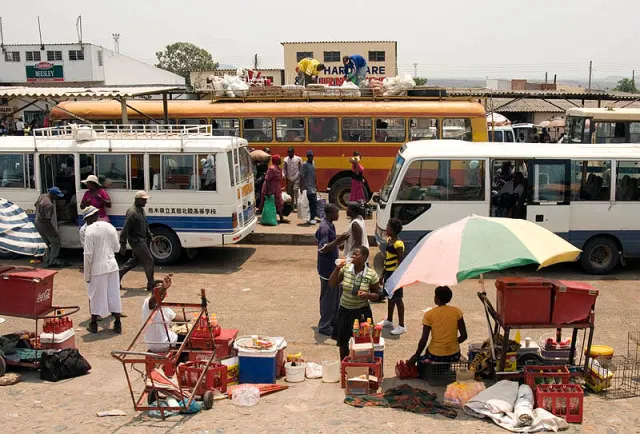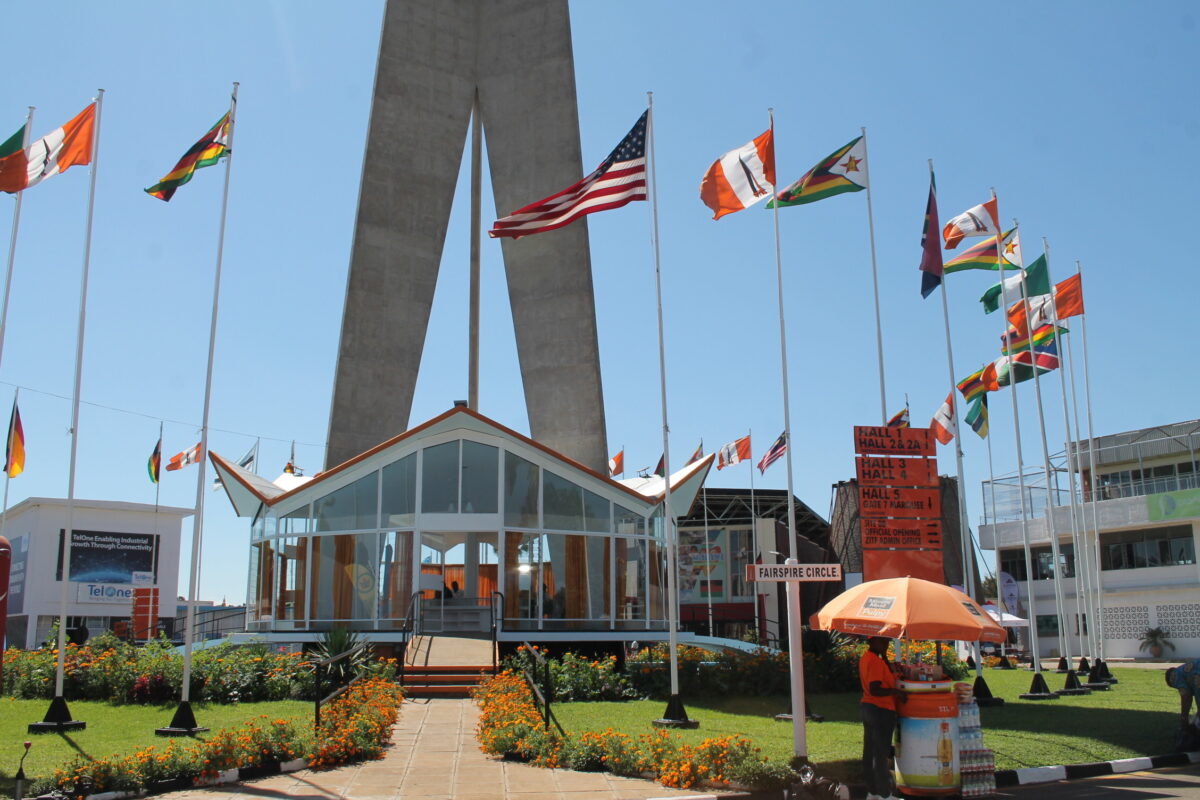ZIMBABWE President Emmerson Mnangagwa has set up a seven-member commission of inquiry chaired by former South African President Kgalema Motlanthe to investigate post-election violence, in particular the August 1 shooting death of protesters by the military on the streets of Harare.
Practical questions arise about the commission’s budget; commissioners’ remuneration; which organisations will provide secretariat or investigative support to its commissioners; and how public its hearings will be.
A three-month deadline to report is challenging from a standing start. The commissioners first need to meet each other, discuss how they will interpret their mandate, and address how they intend to project manage the inquiry.
For a credible inquiry, the commissioners would need to be supported by a capable, well-resourced and independent commission staff. Recruiting such a secretariat should take time, but on the commission’s three-month deadline, it will need to be recruited in a matter of weeks.
This probably means that compromises will need to be made regarding the number of staff who can be recruited at short notice, and the balance of skills and experience therefore available to support the commission in its work.
This assumes commissioners know their budget and latitude to recruit staff – sine qua non preconditions for accepting a role on the commission. Without clarity and discretion on budget and staffing, the commission’s effectiveness is compromised before its inquiries begin.
One way of fudging recruitment, both for speed and cost, is to seek secondments from other organisations. Superficially attractive, this would raise significant issues concerning the independence of the commission’s work.
Seconded staff obviously must deal with perceptions that they carry the institutional or national prejudices of their employers, and donations of staff time to the inquiry also highlight the tension between financial and actual independence: ‘who pays the piper calls the tune?’
Presumably, the Zimbabwe government is paying for the inquiry, and has agreed a budget for its operations, including remuneration for commissioners. This is fine and proper, but ought sensibly to be transparent and public.
It’s a very different matter if the secretariat capacity is to be provided by seconded Zimbabwe government officials. There would be widespread, understandable perceptions that the commission’s independence would be severely undermined by such an arrangement.
But the staff must come from somewhere, and given the time-frame, secondments are highly likely, so the commissioners need to explain publicly, at the earliest opportunity, precisely how they intend to staff their inquiry.
The imperative of publicity and clear communication should be grasped by the commissioners, who need a spokesperson, perhaps a website, and a clear strategy to communicate their proceedings. Failure to ventilate the process with openness will undermine its ultimate credibility.
That is why it would be regrettable, if not altogether surprising, if the commissioners chose to hold all hearings in private. The Iraq Inquiry in the Unite Kingdom is a good example of the benefit of open, televised proceedings, as well as uploading documentary evidence online.
It’s reasonable to ask whether these vital issues have been resolved prior to the commissioners’ appointment or are to be decided in coming days. If the latter, then commissioners should feel empowered to choose the most open, most transparent and most rigorous inquiry process.
If the former, then the budget, capability and conduct of the inquiry were all agreed during the appointment process, meaning a degree of compromise in negotiations between the Zimbabwe government and the commissioners about the minutiae of the inquiry.
These are all very important questions about how the inquiry is to be conducted, and there is a strong prudential argument for the commissioners to embrace the challenge of winning and retaining public trust by communicating effectively and transparently about their inquiry.
All this goes without mentioning the equally crucial issue of access to witnesses and relevant documentary evidence: can commissioners compel even very senior officials, officers and politicians to give testimony, and to release relevant paperwork to the inquiry?
Joseph Devanny is a lecturer on war studies at Kings College in London















